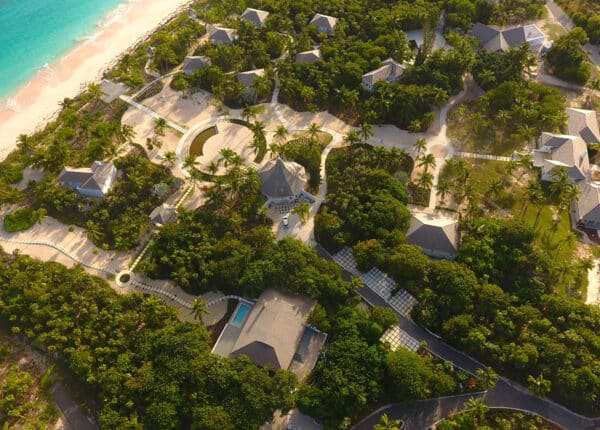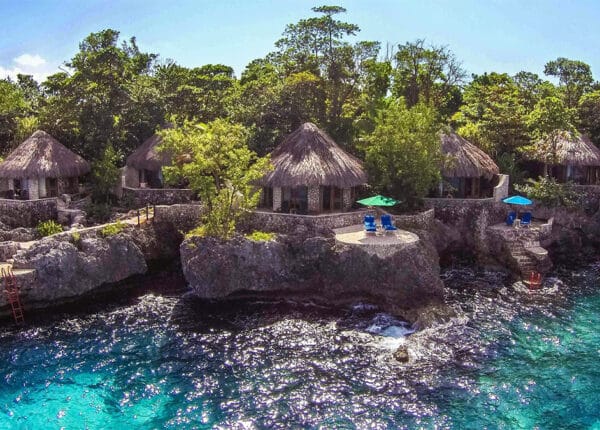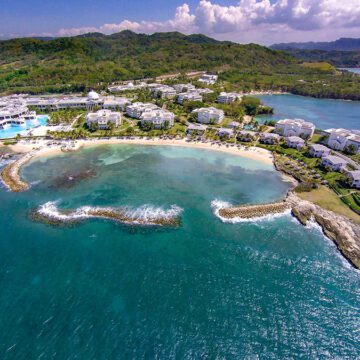By David Rowe
Op-Ed Contributor
Jamaica currently has one of the highest murder rates in the world.
More people are killed proportionally in Jamaica monthly than are recorded killed in Afghanistan and Iraq in the same period.
The country remains among the 10 nations with the most murders per 100,000 population, according to international data.
While March represented the lowest number of murders in one month in Jamaica since 2003, there were still a total of 69, in a country with a population of under 3 million.
Shootings and beheadings are the current favorite methods of murder. The Kingston Public hospital is unfortunately one of the best hospitals in the world for the treatment of gunshot wounds.
Jamaica appears to be a society turning on itself in a malicious way. Nobody can be totally confident that they will not be the next victim of gunmen.
Jamaica is not a peaceful place. Murderers are, for the most part, escaping from arrest. Some of them are politically connected and gang-related.
Jamaica No Problem! This has developed into an assurance that if you are sufficiently evil and ruthless you can kill anybody in Jamaica without
consequences.
It is almost as dangerous to condemn corruption publicly as it is to be an honest police officer. Many police officers who have stood up to the criminal gangs have either been harmed or run out of the force.
However, too many of Jamaica’s police are forced into corruption by their low wages and limited professional opportunities.
We should invest more in our police officers.
Consistent regular capital punishment for murder will reduce the murder rate.
Some human rights groups may complain, but somebody has to have the political will to put an end to this trend of social self-destruction.
Proper, more sophisticated policing, too, will make a dent in the murder rate.
Until each prospective murderer knows that they are facing the noose of retribution, I believe that mayhem will be the rule rather than the exception.
Neither tourists or investors wish to be shot at.
David P Rowe is an attorney in Florida and Jamaica and a professor of law at the University of Miami School of Law.
Note: the opinions expressed in Caribbean Journal op-eds are those of the author and do not necessarily reflect the views of the Caribbean Journal.







